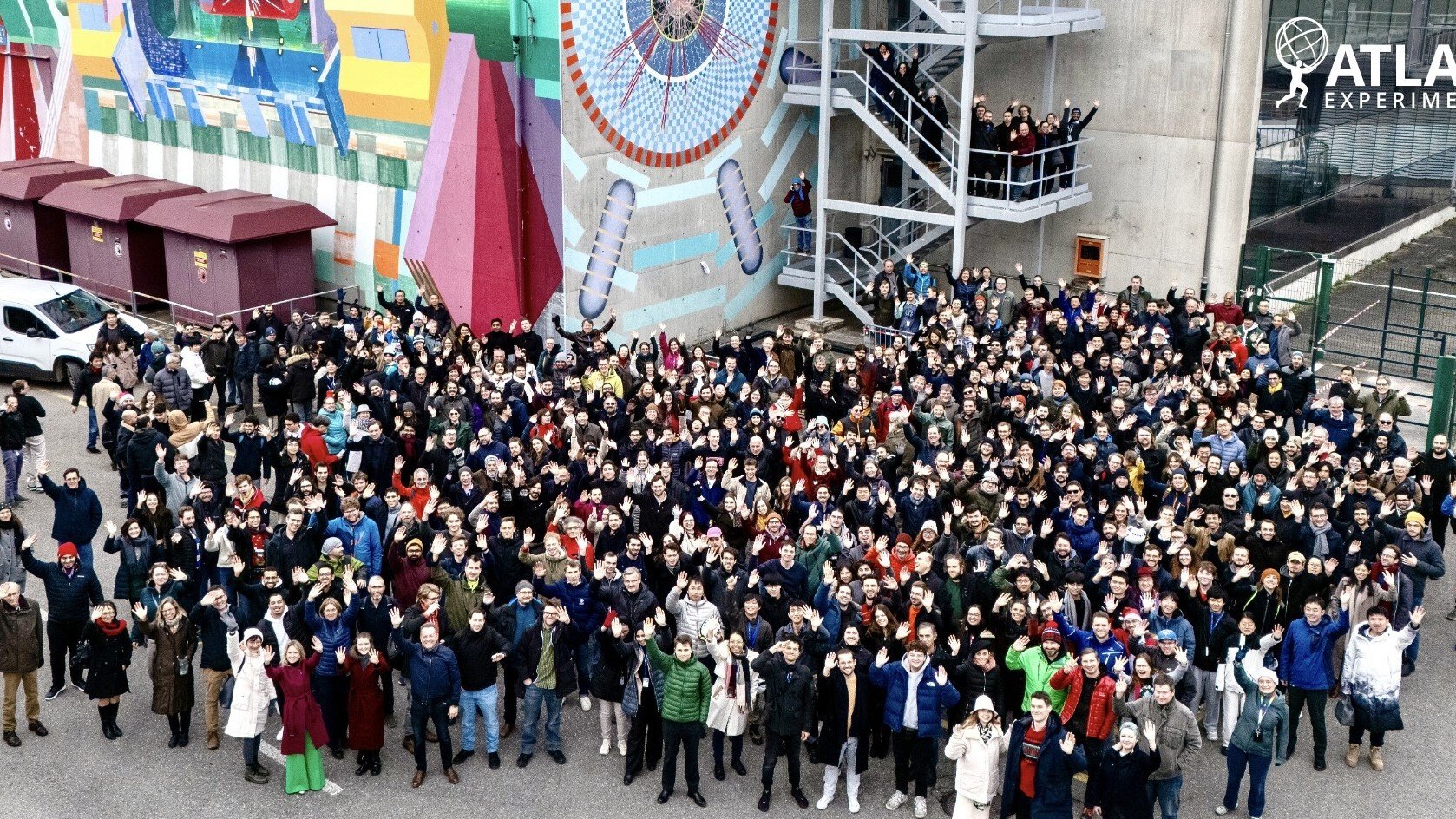The ALICE, ATLAS, CMS and LHCb scientific collaborations of CERN’s Large Hadron Collider (LHC) have been awarded the Breakthrough Prize in Fundamental Physics 2025, one of the most prestigious awards in the international scientific field. Among the thousands of researchers recognized with this prestigious award are members of the Institute of Corpuscular Physics (IFIC) who actively participate in the ATLAS and LHCb experiments
The award recognizes the exceptional contributions these collaborations have made to particle physics with data from LHC Run 2 through July 2024, including accurate measurements of the properties of the Higgs boson, the study of rare processes and the asymmetry between matter and antimatter, as well as the exploration of nature under extreme conditions recreated in the laboratory.
"I am extremely proud to see the extraordinary achievements of the LHC collaborations recognized with this prestigious award. It is a beautiful recognition of the collective effort, dedication, talent and tireless work of thousands of people around the world who push the boundaries of human knowledge every day," said Fabiola Gianotti, CERN Director-General.
The award was given to the spokespersons who led each collaboration between 2015 and 2024, coinciding with LHC Run 2. In addition, in a decision that reinforces the commitment to the training of new generations of scientists and scientists, the financial endowment of three million dollars will be donated entirely to the CERN & Society Foundation, to finance research stays at CERN for doctoral students from the partner institutions.
IFIC’s contribution to the ATLAS and LHCb experiments
The Institute of Corpuscular Physics (IFIC), located in the scientific-academic area of the Science Park of the University of Valencia (PCUV) and a joint centre of the CSIC and the UV, has participated from the beginning in the ATLAS experiment, contributing significantly to its design, construction, commissioning and operation of the detector. Today this group is made up of 60 people including scientific and technical staff.
In particular, the IFIC group has worked on key components such as the trace detector (Semiconductor Tracker - SCT), the hadron calorimeter (Tile Calorimeter - TileCal), the development and operation of a distributed computing center GRID Tier-2 and the event selection system (Trigger). He has also led and/or contributed significantly to numerous analyses in the study of the properties of the Higgs boson and the top quark, as well as in the search for new particles, these being dark matter candidates in some of these searches.
This recognition highlights the value of the collective work that IFIC develops from its ATLAS and LHCb groups together with thousands of scientists from more than 70 countries
The IFIC group at LHCb joined the collaboration in June 2013. Since then, it has focused its activity on the analysis of rare heavy hadron disintegrations, the polarization of particles and the development of new detection systems such as the Scintillating Fibre Tracker (SciFi), real-time event selection and reconstruction, Essential components of the current version of the detector. The IFIC LHCb experiment group consists of 15 people including scientific and technical staff.
Both IFIC groups are committed to advancing knowledge in Fundamental Physics and are an active part of the international scientific effort that drives these experiments. In addition, they contribute significantly to the training of young researchers in Particle Physics. This recognition highlights the value of the collective work carried out by thousands of scientists from more than 70 countries. Although the LHC is currently in its third operational period (Run 3), these collaborations have already been working for years on the preparations of the High Luminosity LHC (HL-LHC), which is expected to be operational in 2030 and which will usher in a new era of discoveries in Particle Physics.
Source: IFIC
Don’t miss the interview of Nosaltres STEM with the director of the IFIC, Nuria Rius
Recent Posts


